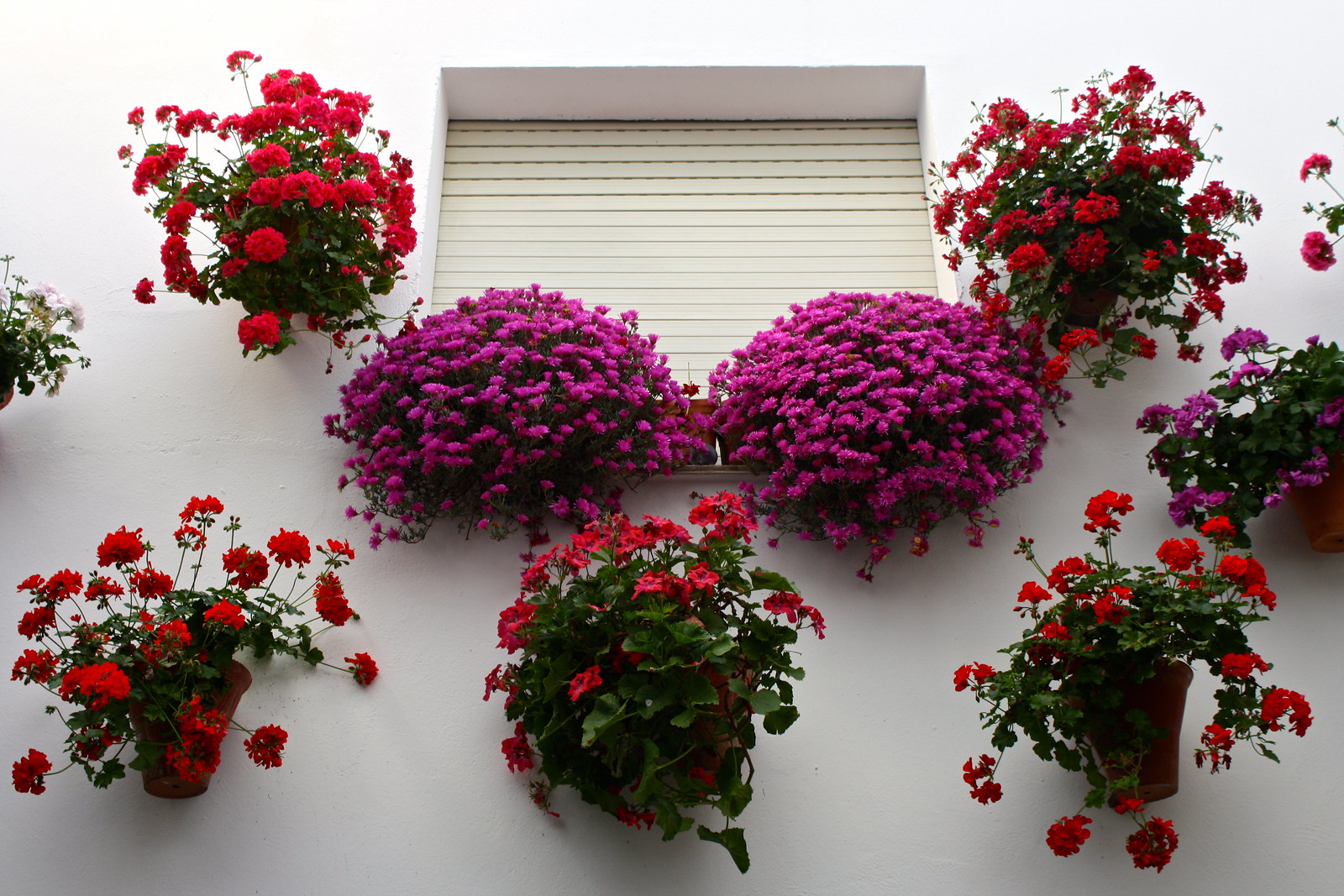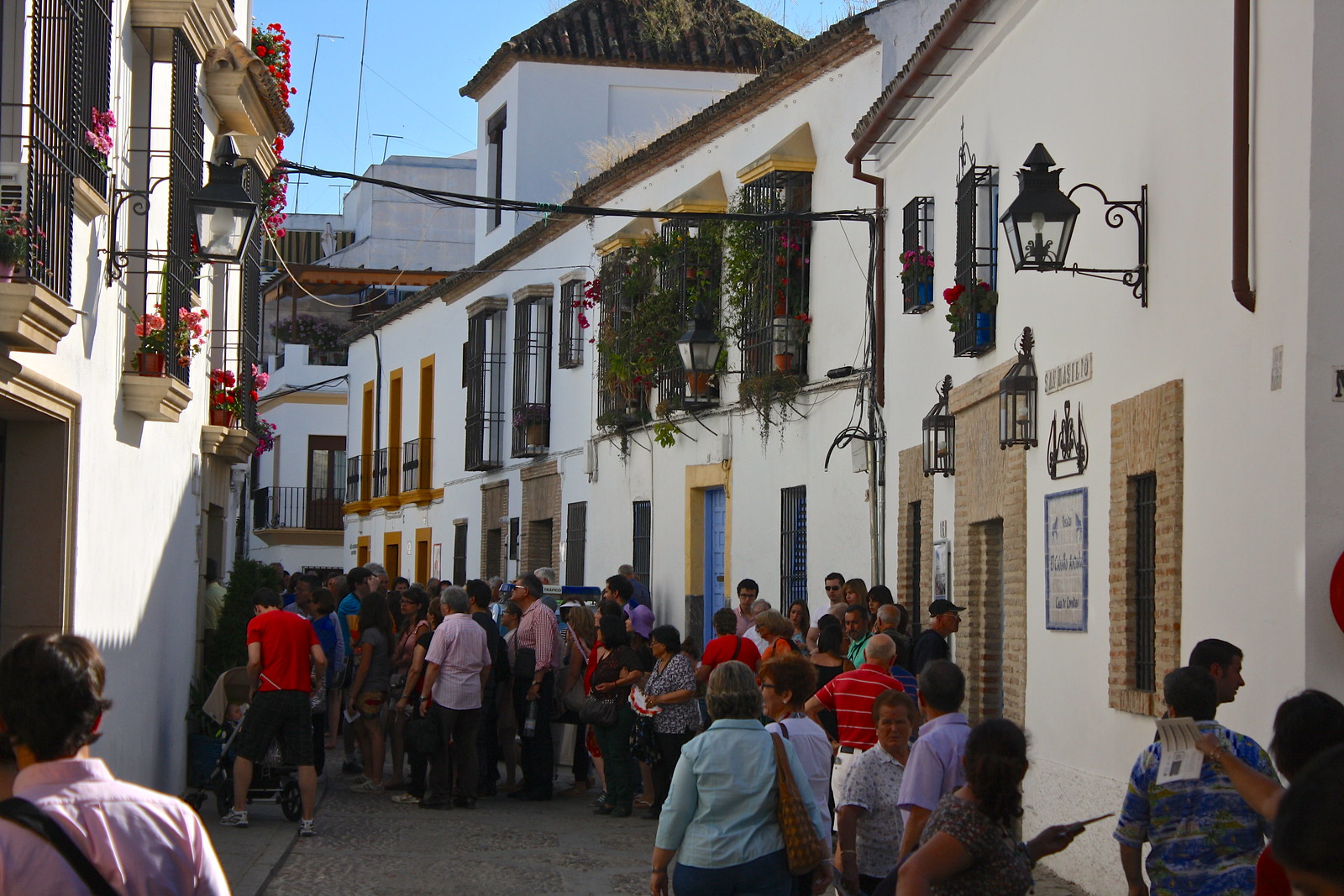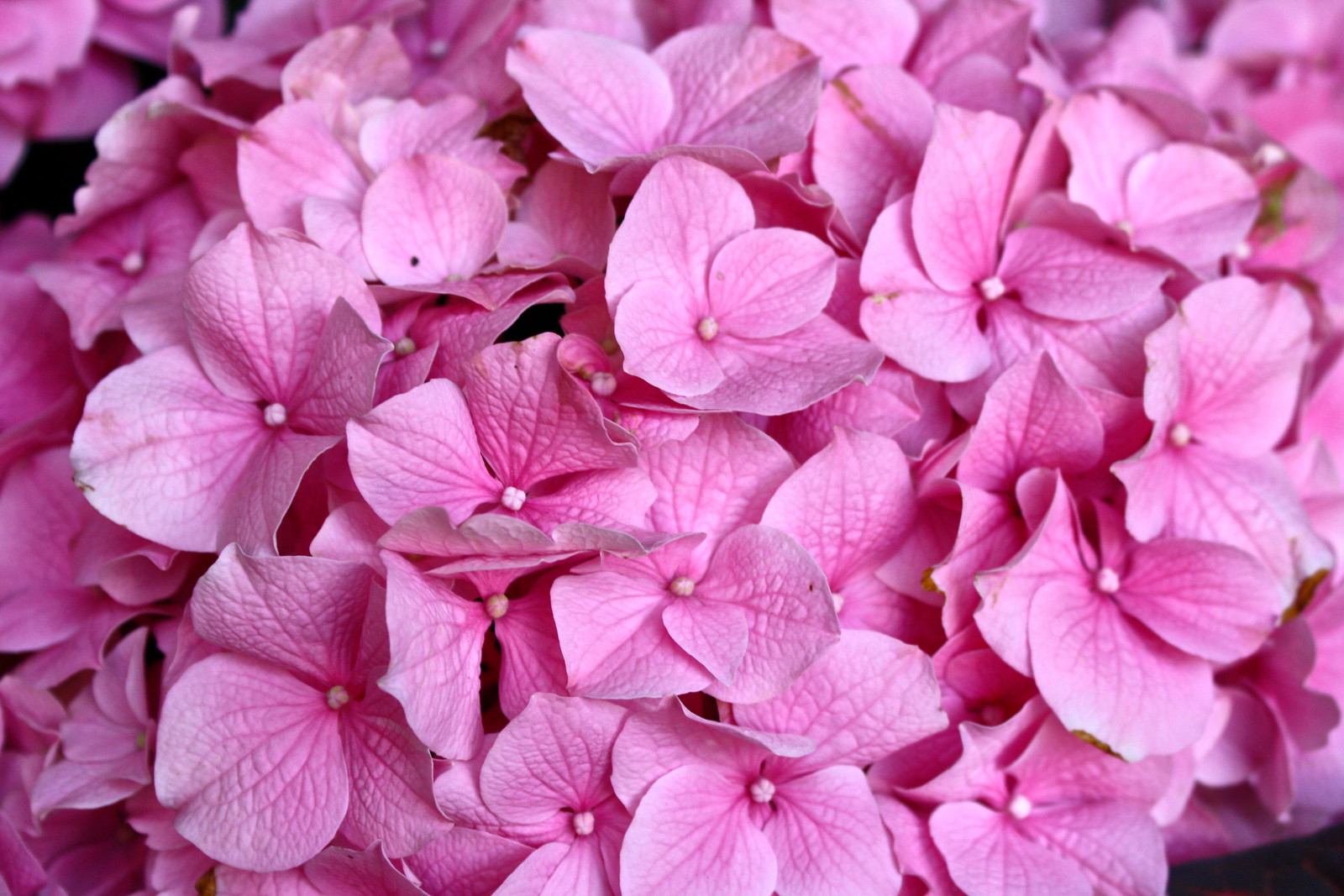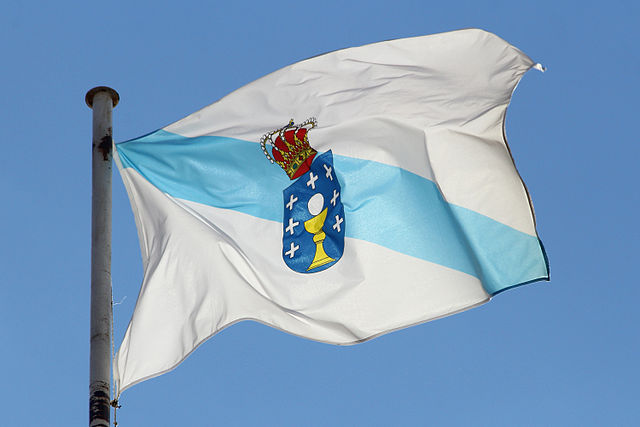Córdoba is one of my favorite cities in all of Spain. The otherworldly Mosque-Cathedral with its endless rows of striped horseshoe arches…the medieval web of whitewashed, flowery streets…the savory emulsion of tomatoes and olive oil that is
salmorejo…the endless season of
spring festivals…the feeling of history you get while watching the Guadalquivir River flow by beneath the Roman bridge…the lost
convivencia of
Christians, Jews, and Muslims visible in the old Jewish quarter…all of this combines to create an amazing atmosphere that I keep going back to.
But when I first visited Córdoba in December 2012, I left the city almost disappointed. Perhaps it was because I had built up too many expectations having studied the history of Islamic Spain in college, perhaps it was the cold weather, perhaps I stuck to the touristy side of town too much. Before coming to teach in Spain I had originally wanted to be placed in town here, but instead got next-door Jaén province. When I returned to
Úbeda, I was secretly glad I didn’t get placed in Córdoba after all.
Fast-forward six months to May 2013, and I was waking up one morning just down the street from the monumental Mosque-Cathedral. Why had I come back? To experience the beautiful
Patios de Córdoba festival, that’s why! Homeowners in the historic center of town have been competing since the 1920s to see who can decorate their courtyards the best, and in Andalucía, where traditional homes are centered around a cool inner
patio, this is serious business. After all, you can win prizes to the tune of thousands of euros.
Last year, UNESCO declared the
Fiesta de los Patios de Córdoba an
“Intangible Cultural Heritage,” adding it to a World Heritage Site-style list that includes other Spanish treasures like
flamenco music and
castells (Catalan human towers). The Friday I visited in early May was thus understandably packed with tons of visitors, among them not a few Spaniards who didn’t, uh, understand the concept of standing in line. The city instituted a free ticket system to combat the crowds: you reserve entrances for one neighborhood at a specific time—morning or afternoon—and have free rein to explore to your heart’s content. Not only did this prevent certain
patios from getting mobbed, but it also helped to focus my plan-of-attack to a single neighborhood rather than running around.
Since there are only two time slots for visiting—in the “morning” from 11am to 2pm and in the late afternoon from 6 to 10pm—I had to determine which two neighborhoods I wanted to see. I chose the
Alcázar Viejo because of its well-deserved fame and the
Judería since it’s one of my favorite parts of the city. Neither disappointed me, and I loved peeking in and out of what any other time of the year would have been anonymous Andalusian homes.
These courtyards’ decorations were really over the top—sometimes literally—with flower planters reaching up to the clay tile rooftops as they covered the walls of their square-shaped patios. The whitewashed walls created a wonderful backdrop for the red, pink, and purple flowers to really pop out. Although rarely fragrant, if at all, the combined effect of planter upon planter upon planter was dazzling, if a little dizzying.
Although my springtime allergies kept me sneezing and blowing my nose all day long, it wasn’t the fault of the gorgeous flowers that had drawn me back to Córdoba for a second visit, but the result of millions of olive trees—the south’s big cash crop—releasing their pollen spores all at once. I barely escaped up north to hike the
Camino with my life and it’s a real shame my allergies kept me from renewing down south for another year. But despite a runny nose, I was still able to enjoy a little bit of paradise on earth.
This festival with over ninety years of tradition was a key factor in changing my impressions of Córdoba. While in town, I used the free
Use It map to explore hidden plazas and quiet streets. And I made sure to eat a bowl of refreshing, tomato-y
salmorejo and slurp down some spicy Andalusian-style snails for dinner before I headed back home on the midnight bus. Although it was only a daytrip, the time I spent in Córdoba last spring really improved how I saw the city, and today I would recommend you hit it up first over
Sevilla,
Málaga, or even
Granada. But make sure you visit in early May so you can swoon among millions of lovely flowers!
Has your impression of a city improved or gotten worse after a second visit? Have you ever experienced the wonder of the Patios de Córdoba before? Comment below!











